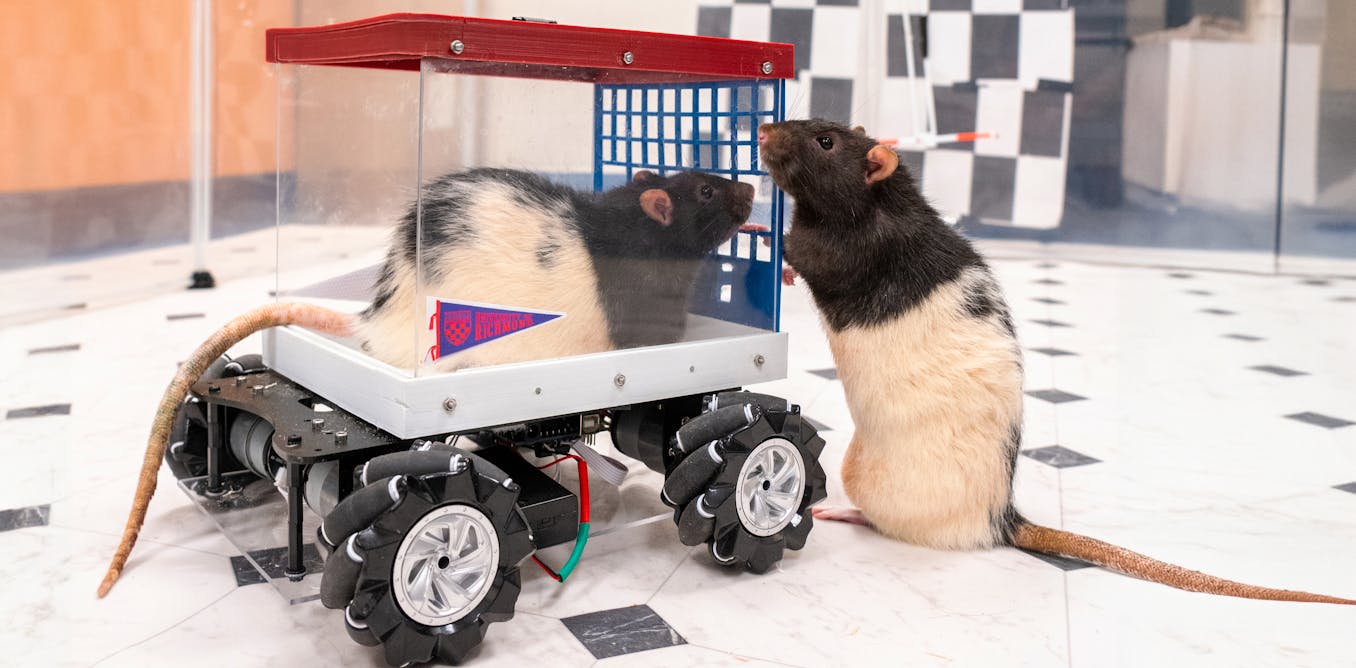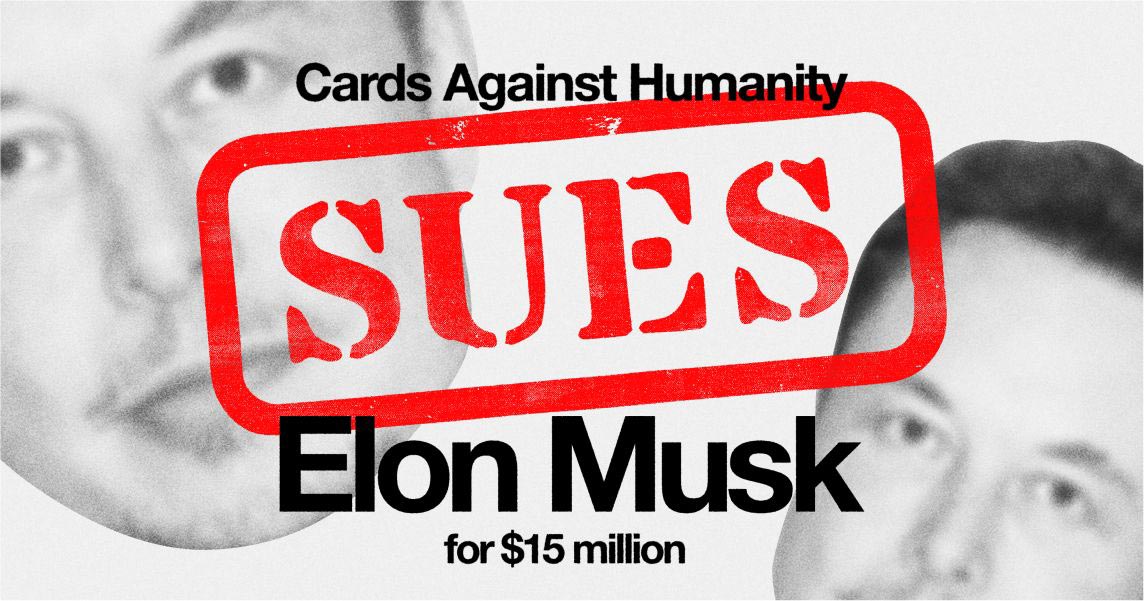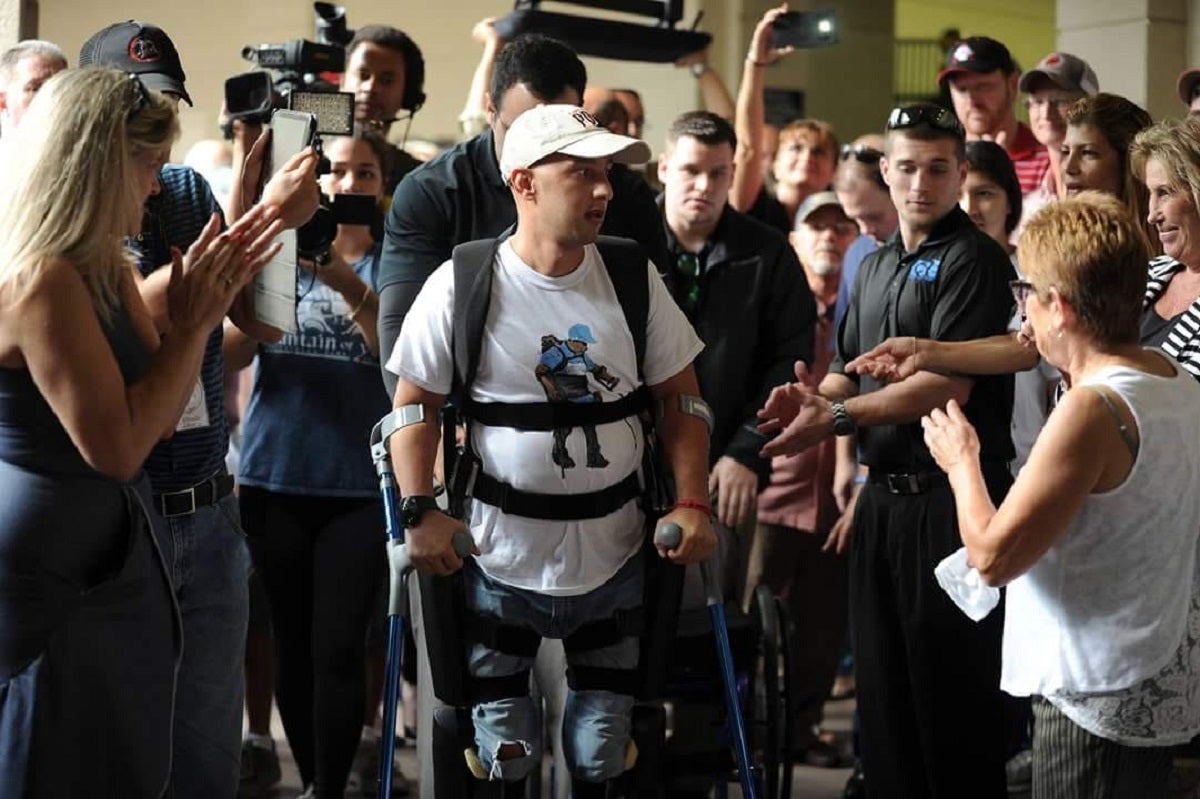Gaywallet (they/it)
I’m gay
- 204 Posts
- 804 Comments

 3·2 days ago
3·2 days agovery cute!
compress the image first, there’s a max upload size and I think a max pixel size (I forget)

 4·3 days ago
4·3 days agoYes, but if a review board were to sign off on them and then someone managed to significantly hurt or damage themselves, one could theoretically apply some of the blame to the review board for not doing their job to ensure that a study was safe. The whole idea of having ethics as a part of the review board was born of some of the studies they used to sign off on that were ultimately problematic and resulted in seriously damaging some individuals, such as minorities and kids.

 12·4 days ago
12·4 days agoBeen really disappointed in my states recent measure track record. NIMBYism is currently winning and we’re headed back towards a tough on crime approach that never worked. It’s really sad to see

 6·4 days ago
6·4 days agoSorry by experimental what I meant here is something which is not ready to be tested in humans - this scientist was skipping a bunch of the necessary steps to show this is a safe thing to do (in lab grown cells first, for example) to proceed to human experimentation.

 17·4 days ago
17·4 days agoEthically speaking, we should not be experimenting on humans, even with their explicit consent. It’s not allowed by any credible review board (such as the IRB) and in many countries you can be held legally liable for doing experiments on humans.
With that being said, there have been exceptions to this, in that in some countries we allow unproven treatments to be given to terminal patients (patients who are going to die from a condition). We also generally don’t have repercussions for folks who experiment on themselves because they are perhaps the only people capable of truly weighing the pros and cons, of not being mislead by figures of authority (although I do think there is merit of discussing this with regards to being influenced by peers), and they are the only ones for which consent cannot be misconstrued.

 8·7 days ago
8·7 days agoBbhh hope you’ve been well friend 💜

 8·9 days ago
8·9 days agoWould love to see you start posts and discussions about what next! I’ve personally been really energized by all the activity I’ve been seeing in activism, queer, and anarchist groups since the election results were clear.

 41·9 days ago
41·9 days agoAbsolutely. If someone is being openly fash, please report them so we can remove them.
But I’ve seen a lot of really heated infighting where people were treating others in bad faith. Let’s not do that.

 4·9 days ago
4·9 days agoRemoving this comment for your final sentence. You’re welcome to be upset and air your frustrations. You are not welcome to be sexist while doing so. You’re better than this.

 1·10 days ago
1·10 days agoMy dude, I told you to chill and take a step back. People were reporting you for being confrontational. I flagged my comment to help you understand that this was me helping you understand how we do things on Beehaw. If you think someone reminding you of the rules, asking you to take a step back, asking you to not be confrontational and doing their best to treat your comment with good faith and providing you educational material is “rude and condescending” or that it is “talking down to others” then you’re probably not a good fit for this instance.
I’m going to time you out from our instance for 7 days. Please take that time to reflect. If you repeatedly show this behavior on our instance, you may find yourself with longer timeouts or even being removed.

 8·11 days ago
8·11 days agoSadly not surprising that AI will be weaponized to disenfranchise voters and disproportionately affect the kind of people those who are pushing for it’s adoption don’t want to vote.

 5·11 days ago
5·11 days agoHey there, I’ve removed this comment because it reads as rather aggressive (and was reported for such). Maybe take a step back and re-assess if you’re treating others with good faith and be(e)ing nice.
that still doesn’t make this about colonialism because this is about capitalism.
FYI- there is wide overlap between these two and they are not mutually exclusive. If you’re unfamiliar with the use of these terms, you should ask how they are defined or how they are being used, rather than pushing a pedantic lens on the words definition.

 3·12 days ago
3·12 days agoGenuinely asking, because I always assume US billionaires are effectively untouchable
They’re certainly less touchable because they mostly exist outside of normal spaces - private drivers, private planes, curating who’s at events, etc. They’re not untouchable so much as it’s too much annoyance/effort to deal with them. I mean, hell, the very idea of a hired assassin is basically entirely made up by Hollywood. The military assassinates people all the time during war and coups on foreign soil (albeit a lot less than they used to) and civil disrupt in the homeland, but that’s because they have the backing of a government to protect them. There are some rare targeted instances of sabotage (Havana syndrome may be a modern version of that) but those are also suspected to be tied to government. Any overt assassinations in another first world country, even if backed by a strong military, would likely be considered tantamount to a declaration of war, and I cannot imagine a situation in which it would not be difficult to figure out that another country was behind it.

 3·15 days ago
3·15 days agoAre you in therapy or have a mental health professional you see? If not and funding is an issue, have you reached out to local free/discounted healthcare groups to see if there’s mental health resources you can get access to? Unfortunately on the internet like this, we aren’t professionals and can’t provide that kind of help.

 13·15 days ago
13·15 days agoyou should filter out irrelevant details like names before any evaluation step
Unfortunately, doing this can make things worse. It’s not a simple problem to solve, but you are generally on the right track. A good example of how it’s more than just names, is how orchestras screen applicants - when they play a piece they do so behind a curtain so you can’t see the gender of the individual. But the obfuscation doesn’t stop there - they also ensure the female applicants don’t wear shoes with heels (something that makes a distinct sound) and they even have someone stand on stage and step loudly to mask their footsteps/gait. It’s that second level of thinking which is needed to actually obscure gender from AI, and the more complex a data set the more difficult it is to obscure that.

 6·15 days ago
6·15 days agoI understand that you’re hurting and you’re trying to reach out for help, but I really struggle with understanding what you need here. I often struggle following your train of thought, it takes a lot of stops at references I don’t get and the purpose is lost along the way. I think you’re hurting and you need to vent, but I don’t know that betterment and praxis is the space to do it? Or am I misunderstanding what you’re asking for here?

 3·19 days ago
3·19 days agoI didn’t hit a paywall, but here’s the 12ft.io link

 5·25 days ago
5·25 days agoInteresting question, I bet it’s at least partially spurred on by the musk PAC paying people to vote nonsense. That one is likely even more clearly illegal than this, but I’m not against little nudges like this to get people to do their civic duty. I suppose we’ll see how it plays out in court.
Moderates


































It’s a big step up from literally drowning lab rats as an experiment, but we’ve got a long way to go before we get even reasonably ethical with lab animals 😔
To be fair if anyone was gonna not kill them when they’re done, this lab seems like they might be the ones.